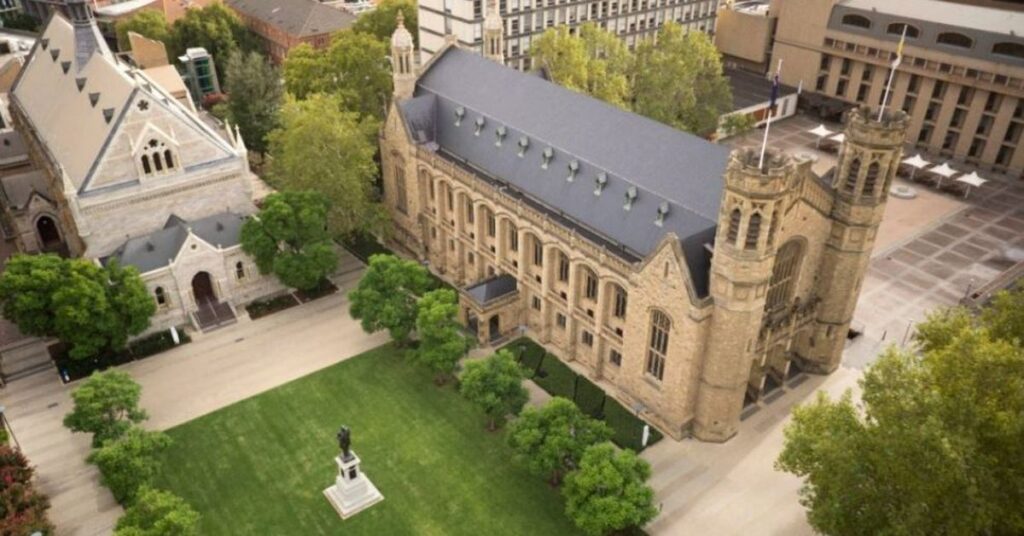
The University of Adelaide is currently under investigation after admitting to underpaying more than 830 former casual academic staff a total of $1.25 million over an eight-year span. This revelation has prompted scrutiny from the Fair Work Ombudsman, highlighting ongoing issues within the higher education sector regarding staff compensation.
The university disclosed that these underpayments occurred between March 2017 and May 2025, following intensified efforts in auditing and payment monitoring. This initiative was part of a broader response to the widespread issue of underpayments within the academic industry. The audit revealed that hundreds of current and former casual academic staff, particularly those with a PhD or serving as course coordinators, were not compensated at the higher rates to which they were entitled.
A spokesperson for the University of Adelaide stated, “While this represents less than 0.05 percent of salary payments over that period, it is still unfortunate and very regrettable. The university deeply regrets that the underpayments occurred and is remediating staff as quickly as possible.” Impacted staff have been contacted, and repayments have commenced.
Broader Context of Underpayments in Higher Education
The announcement comes as part of a larger pattern of wage discrepancies in the Australian university sector. The Fair Work Ombudsman has been actively targeting systemic non-compliance since 2022, a situation the National Tertiary Education Union has described as a “wage theft epidemic.”
The Fair Work Ombudsman has previously entered into enforceable undertakings with several other universities, including the University of Sydney, University of Technology Sydney, University of Newcastle, La Trobe University, University of Melbourne, Charles Sturt University, and Griffith University. Notably, the University of Melbourne faced court penalties, and there is ongoing legal action against the University of New South Wales.
“We expect any employers that identify non-compliance to fully cooperate with our investigations,” a spokesperson for the Fair Work Ombudsman stated. “It is not appropriate to comment further.”
University’s Response and Future Measures
The University of Adelaide has notified the Fair Work Ombudsman and is committed to enhancing its processes and controls to prevent future occurrences. “We will continue to implement, enhance, and strengthen our processes and controls,” the university spokesperson added. “The university’s auditing and monitoring activities are continuing, and if any other instances of underpayments are identified, affected staff will be contacted by the university and remediated as quickly as possible.”
The move represents a significant step towards transparency and accountability in the university’s financial practices. However, it also underscores the ongoing challenges faced by academic institutions in ensuring fair compensation for their staff.
Implications and Looking Ahead
Meanwhile, the broader implications for the higher education sector in Australia remain significant. The University of Wollongong recently repaid $6.6 million to more than 5,000 underpaid staff, exemplifying the widespread nature of the issue. As investigations continue, universities across the country may need to reassess their payroll systems and compliance measures to avoid similar pitfalls.
The Fair Work Ombudsman’s focus on systemic issues within the sector suggests that further investigations and potential penalties could be forthcoming. This development serves as a cautionary tale for other institutions and highlights the importance of rigorous auditing and compliance checks.
As the situation unfolds, affected staff and stakeholders will be closely monitoring the outcomes of the Fair Work Ombudsman’s investigation. The University of Adelaide’s commitment to remedying the situation may set a precedent for how similar cases are handled in the future, potentially leading to more stringent regulatory oversight in the sector.







